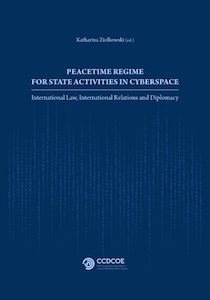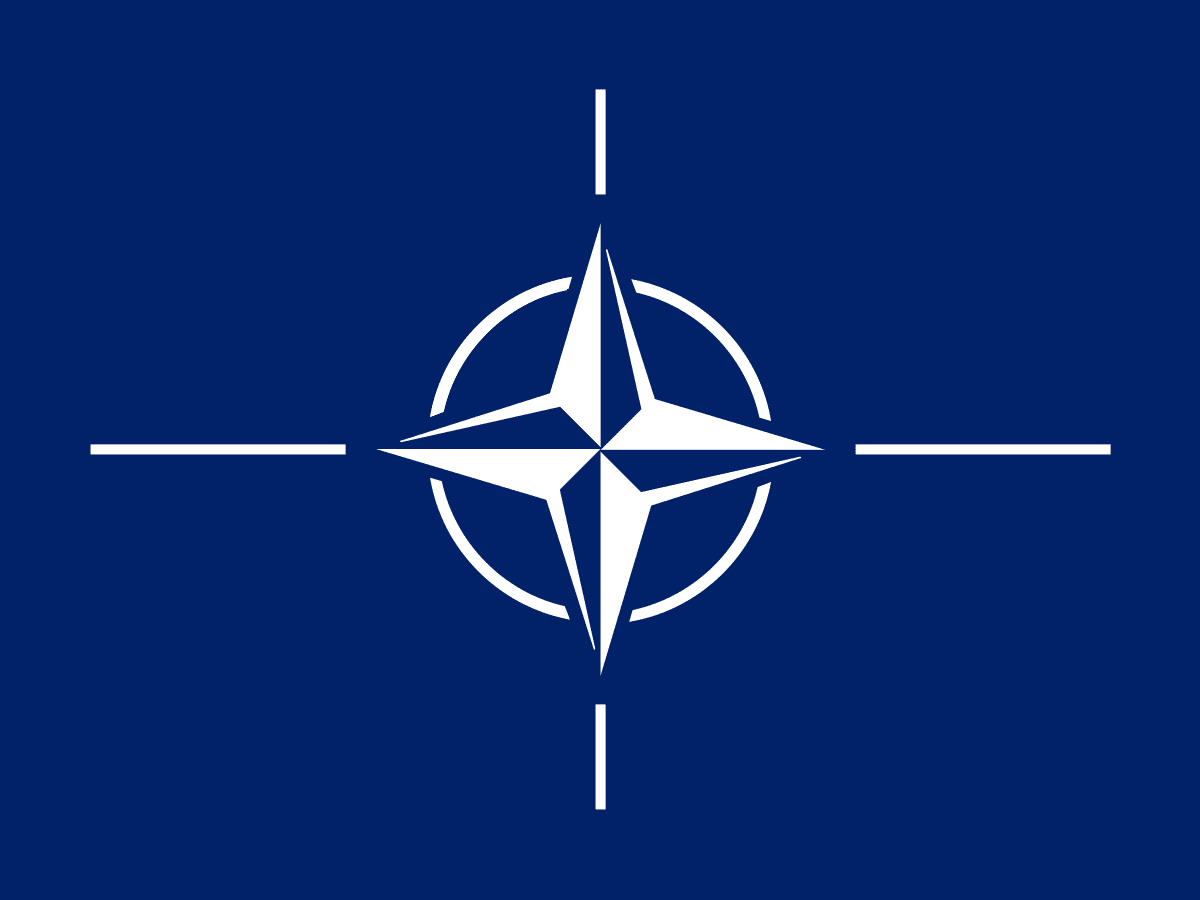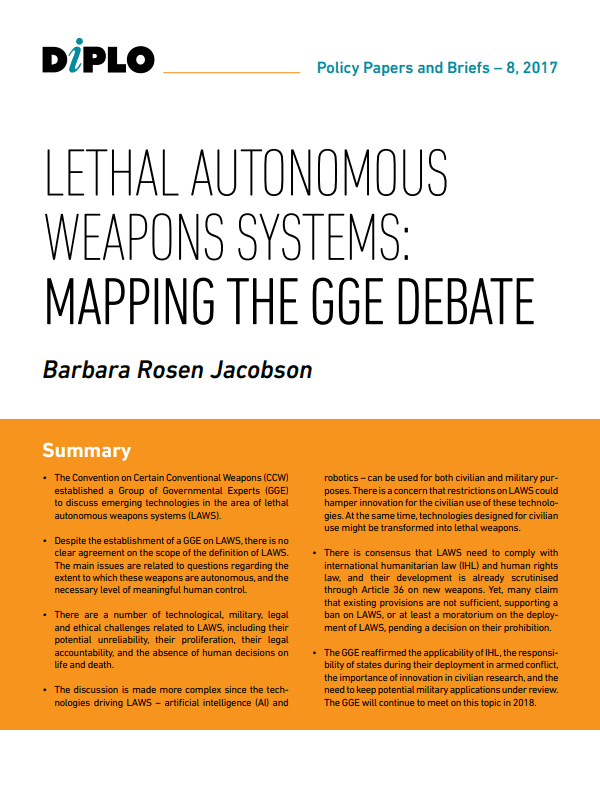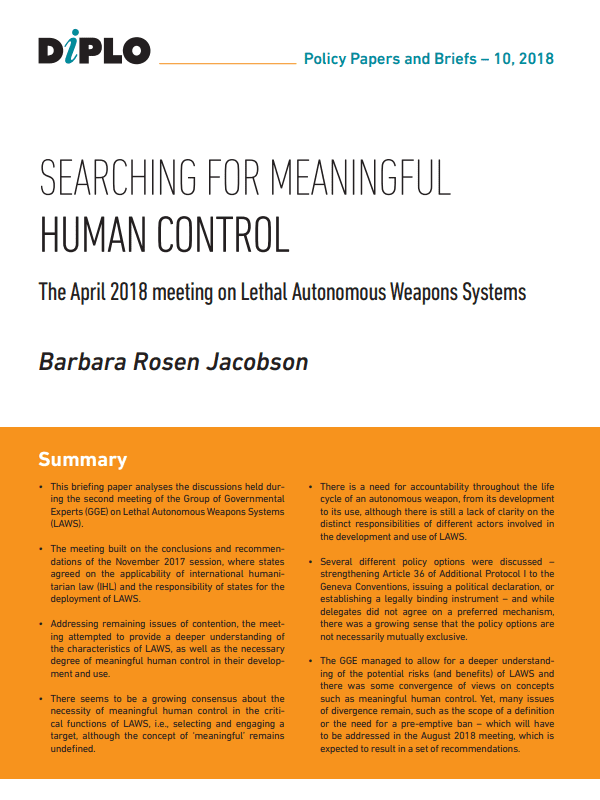To assist the reader’s orientation in cyberspace, the first part of this volume describes, in a comprehensive but accessible way, the sociological features and technical aspects of the internet and cyberspace. It explains the activities of State actors and their proxies, technical methods for remaining anonymous online and for back-tracing hackers, common cyber defense methods, techniques and tools, and the stages of hacking computer networks.
The second part offers an interpretation of public international law with regard to rights and obligations of States in the cyber realm. The topics covered range from the notion of territorial sovereignty in cyberspace through international aviation, space and economic law restrictions to matters of responsibility of States and international organizations for cyber activities.
The third part of the book elaborates on the interaction of States in cyberspace and governments’ means of counteracting malicious cyber activities. The agenda and challenges of cyber diplomacy, a due diligence standard for cyber security, the means of economic and political ‘cybered’ coercion, and legal remedies are presented.
The authors of the book are renowned experts selected from a wide range of backgrounds, including academia, supranational and international organizations, governmental and non-governmental entities, the civilian as well as the military sector. Together, they have created a work which is the first of its kind and will constitute a benchmark in the field for many years to come.







